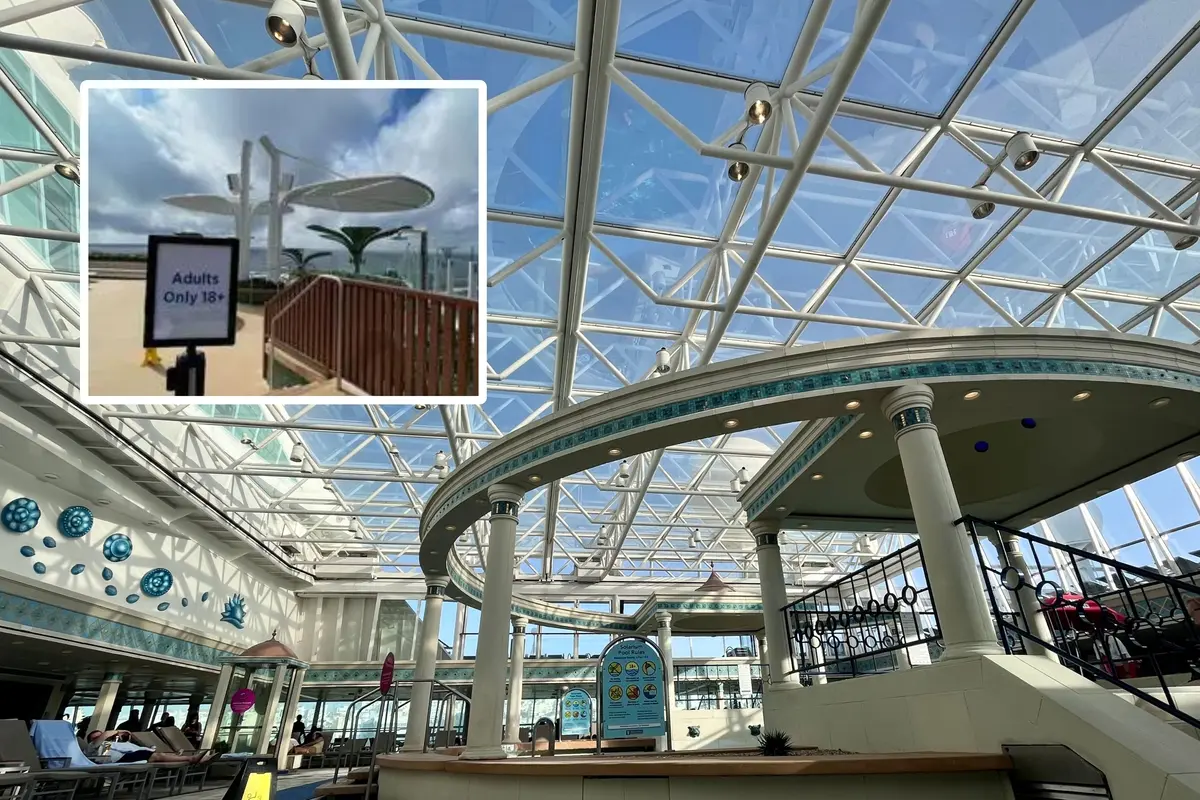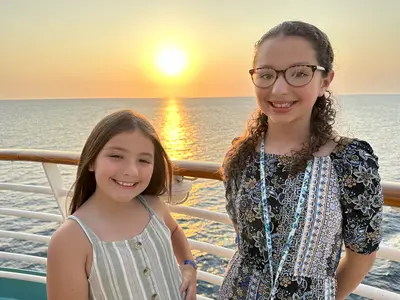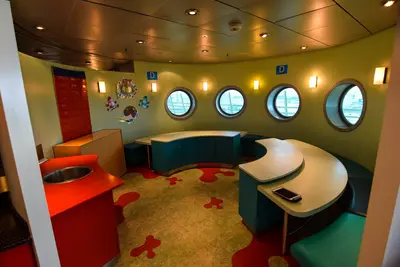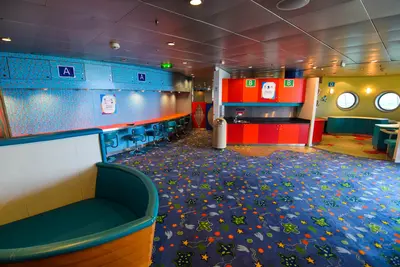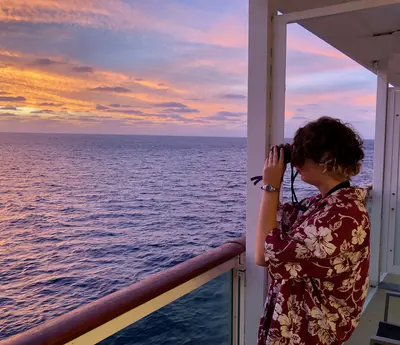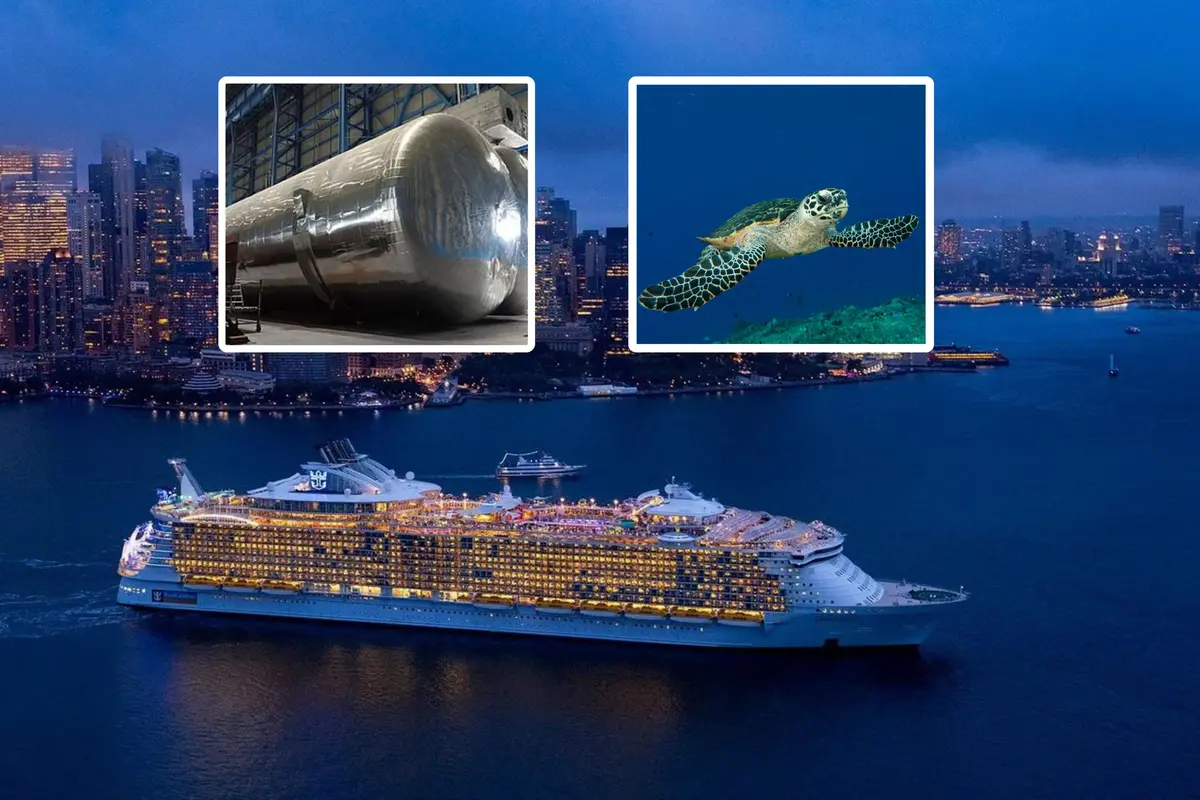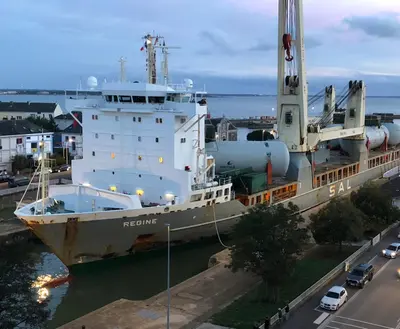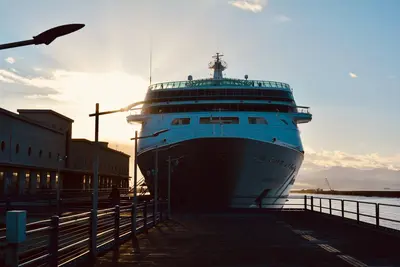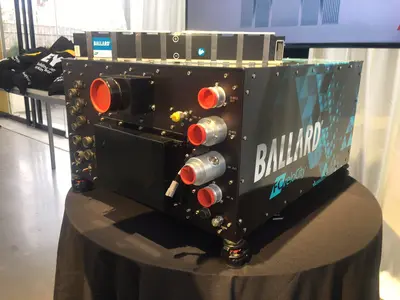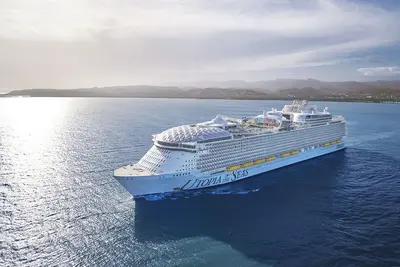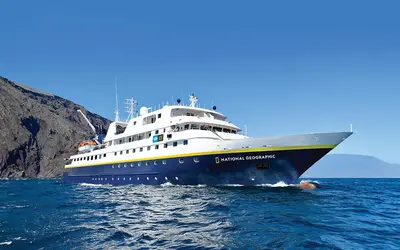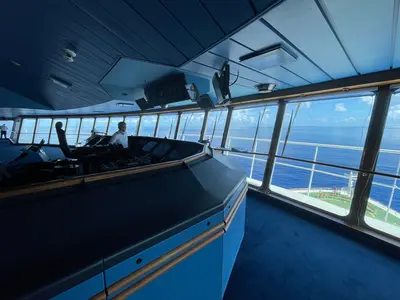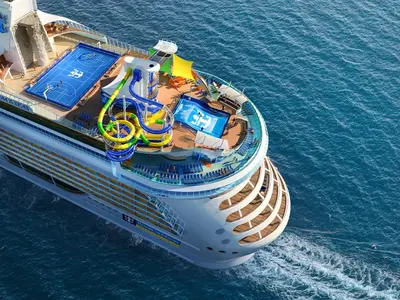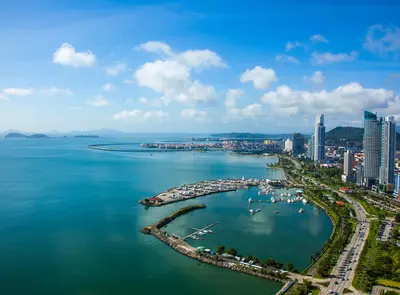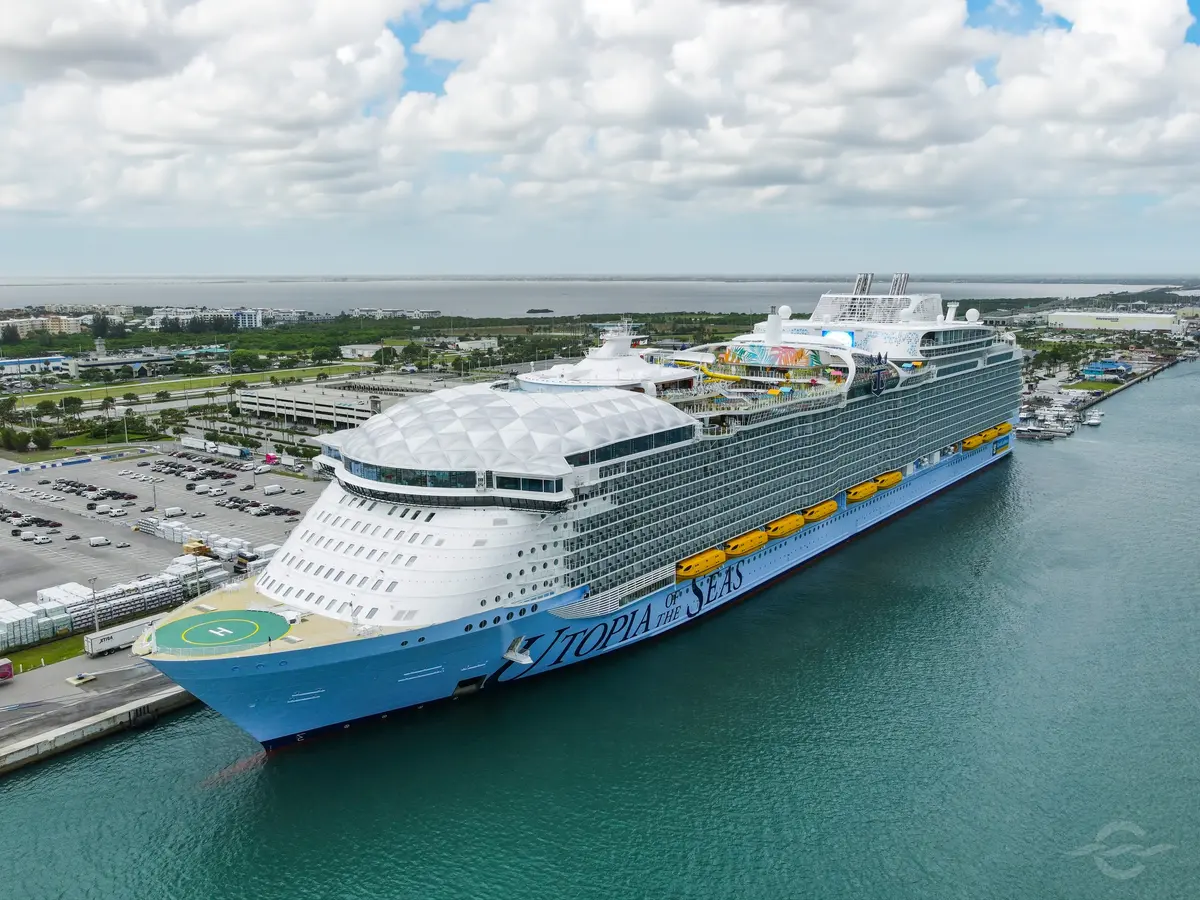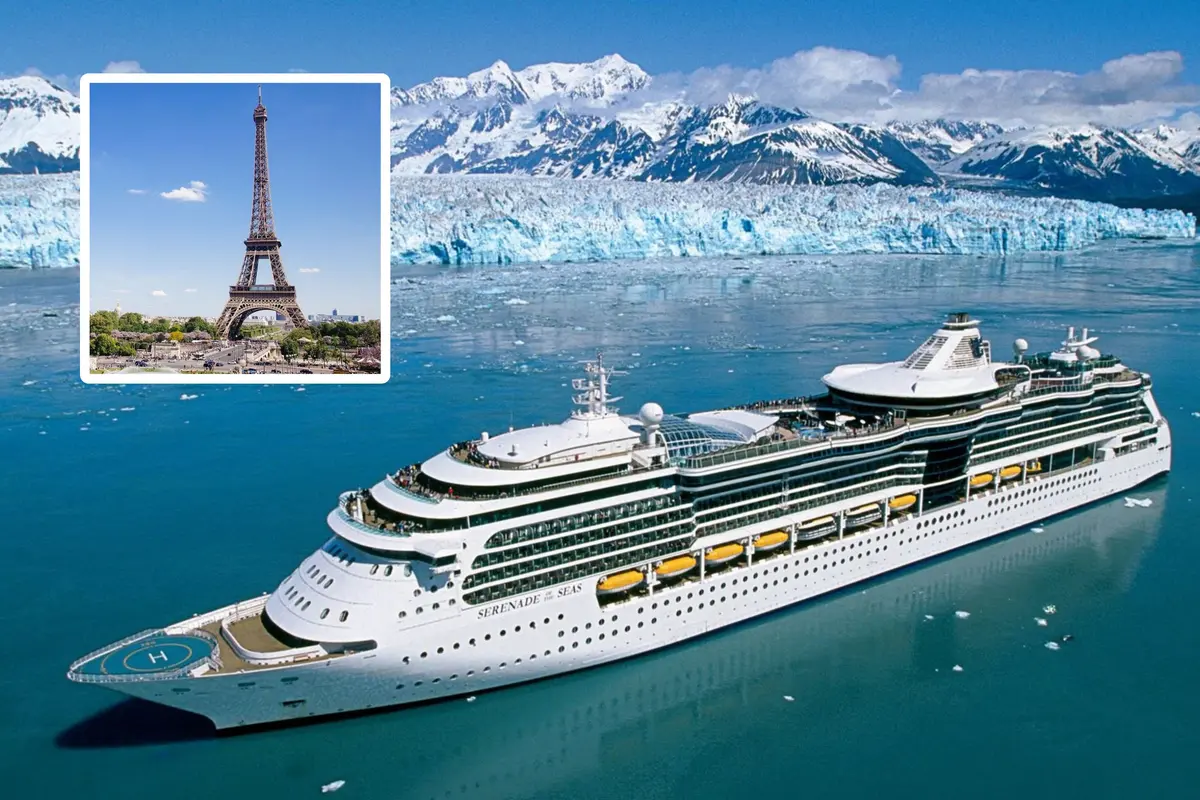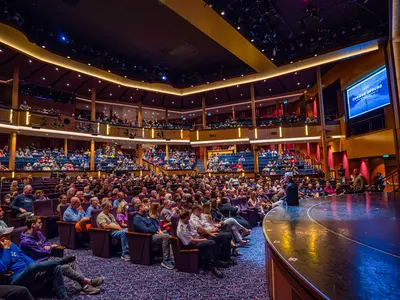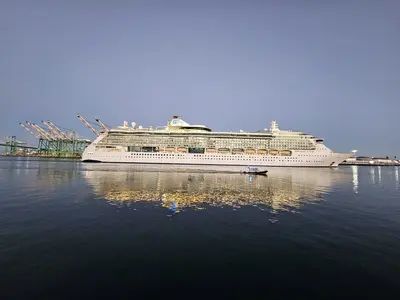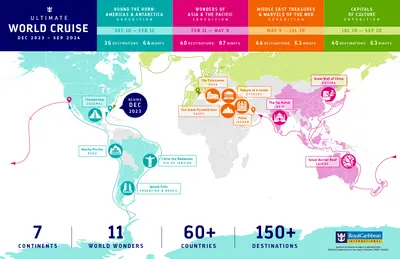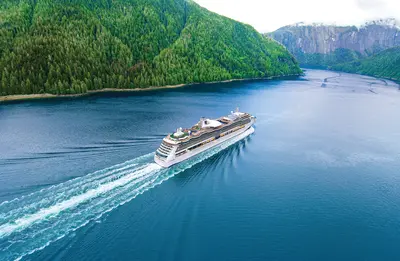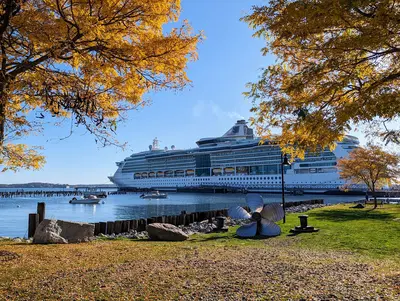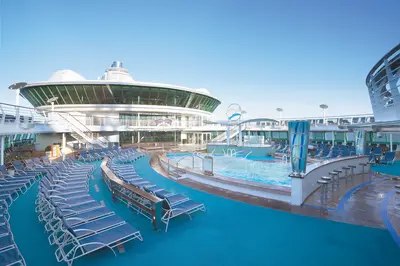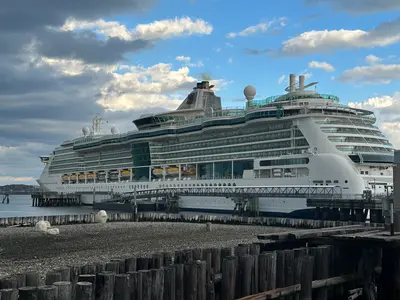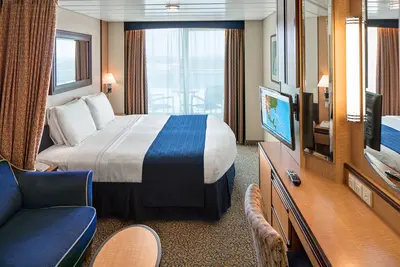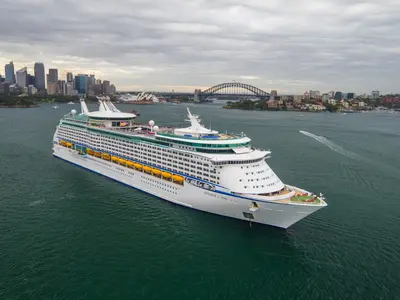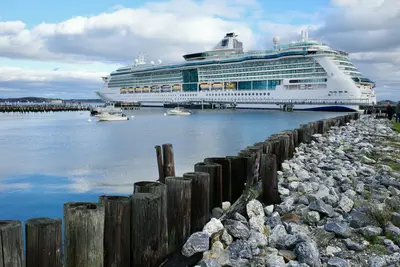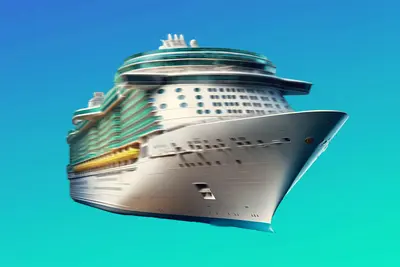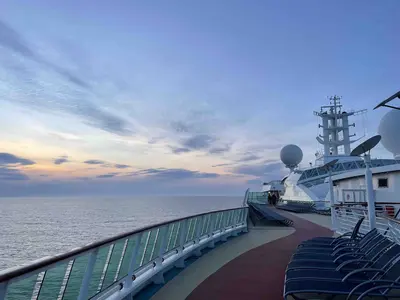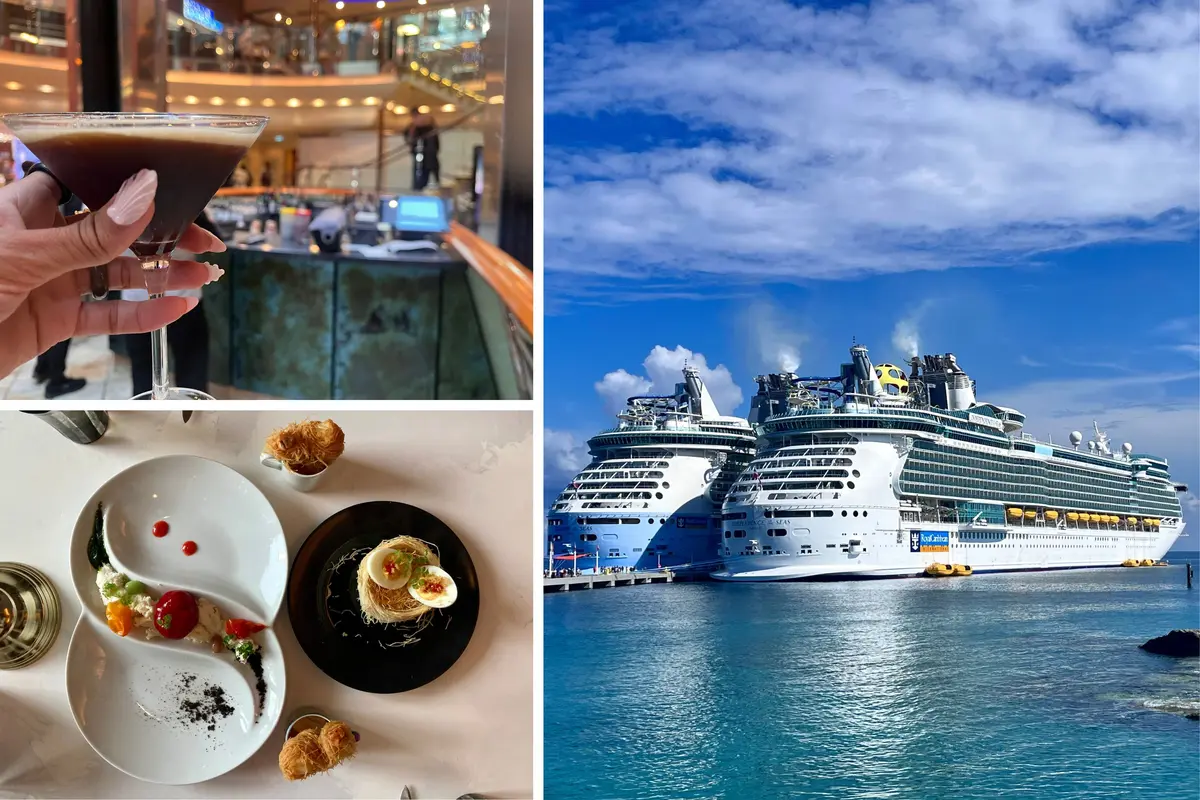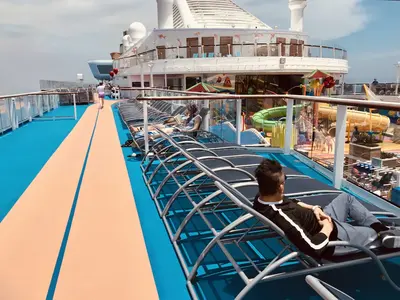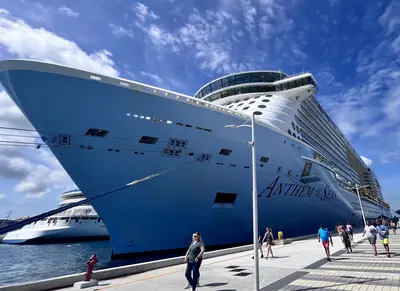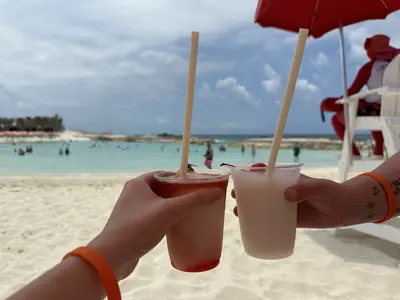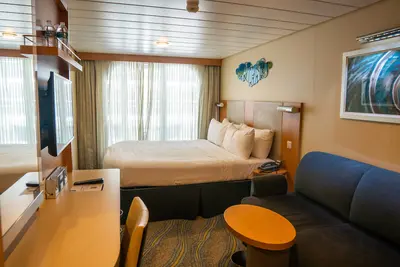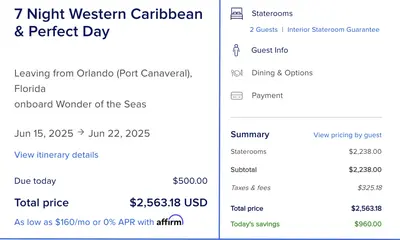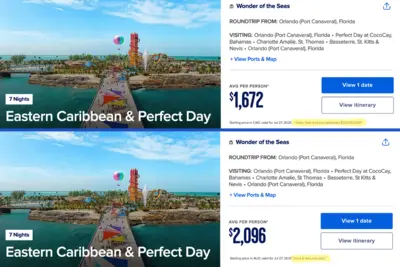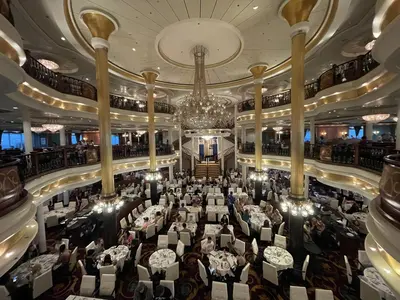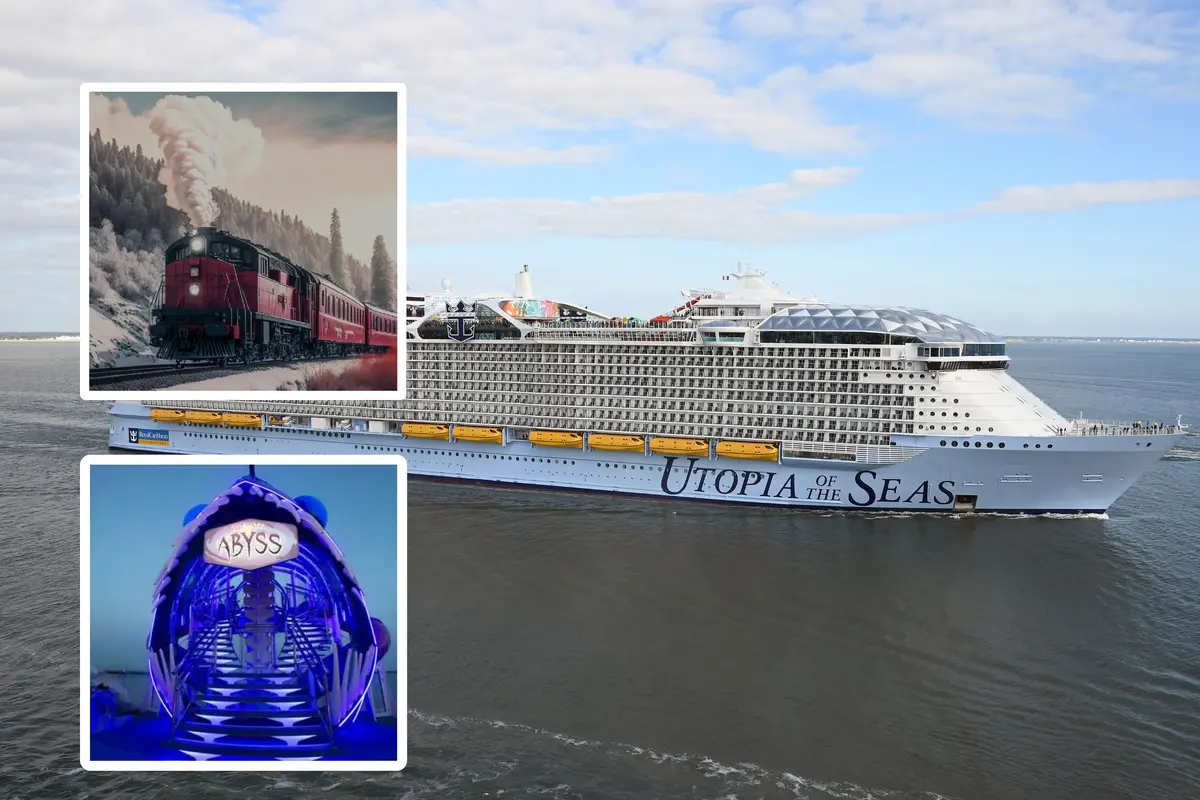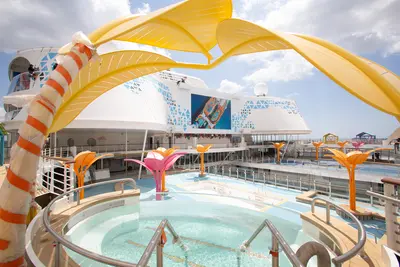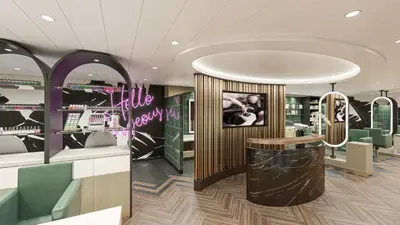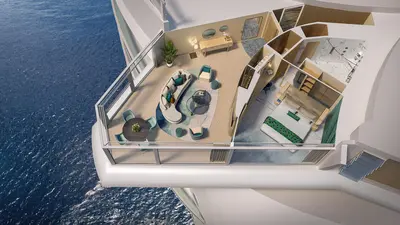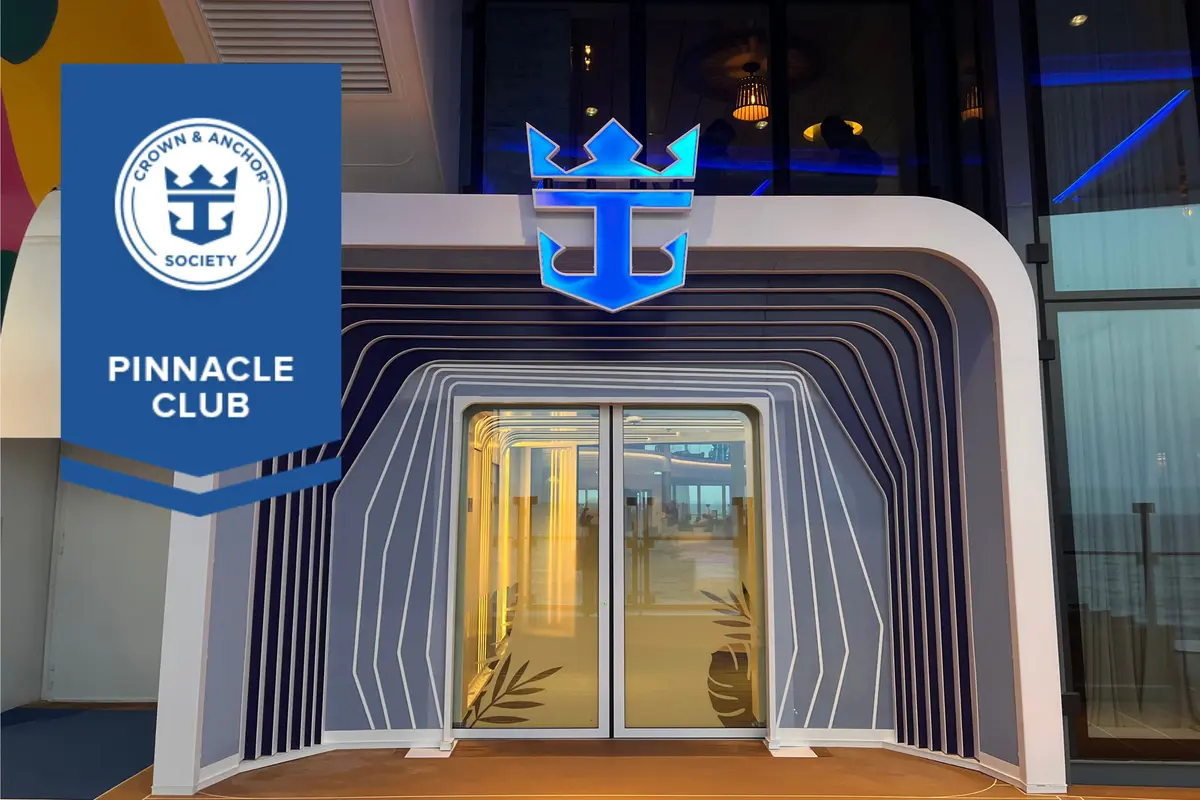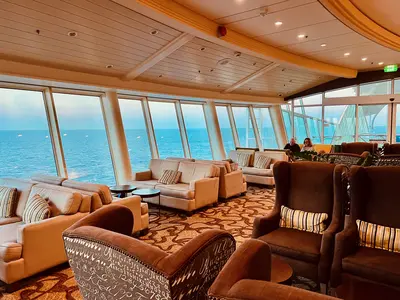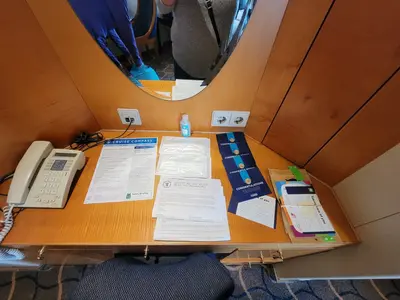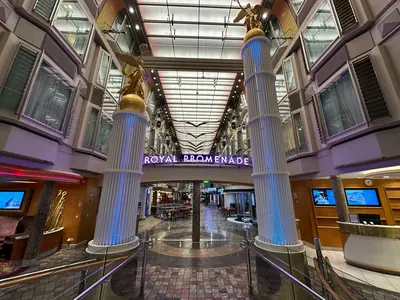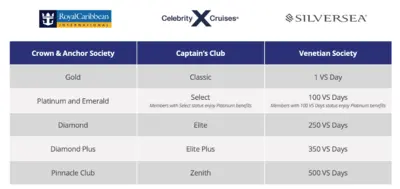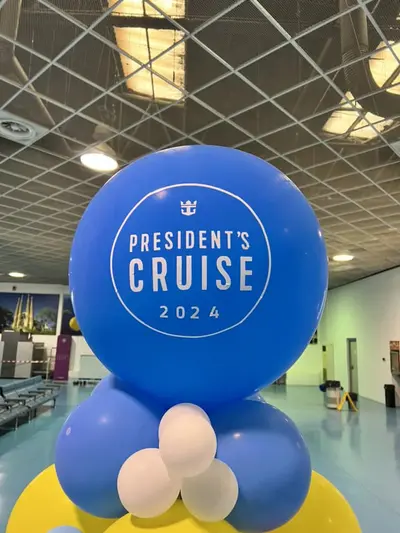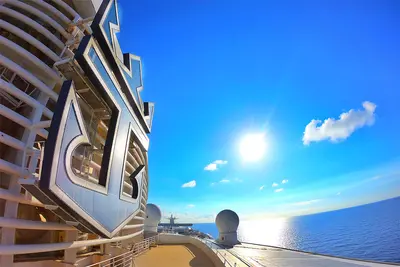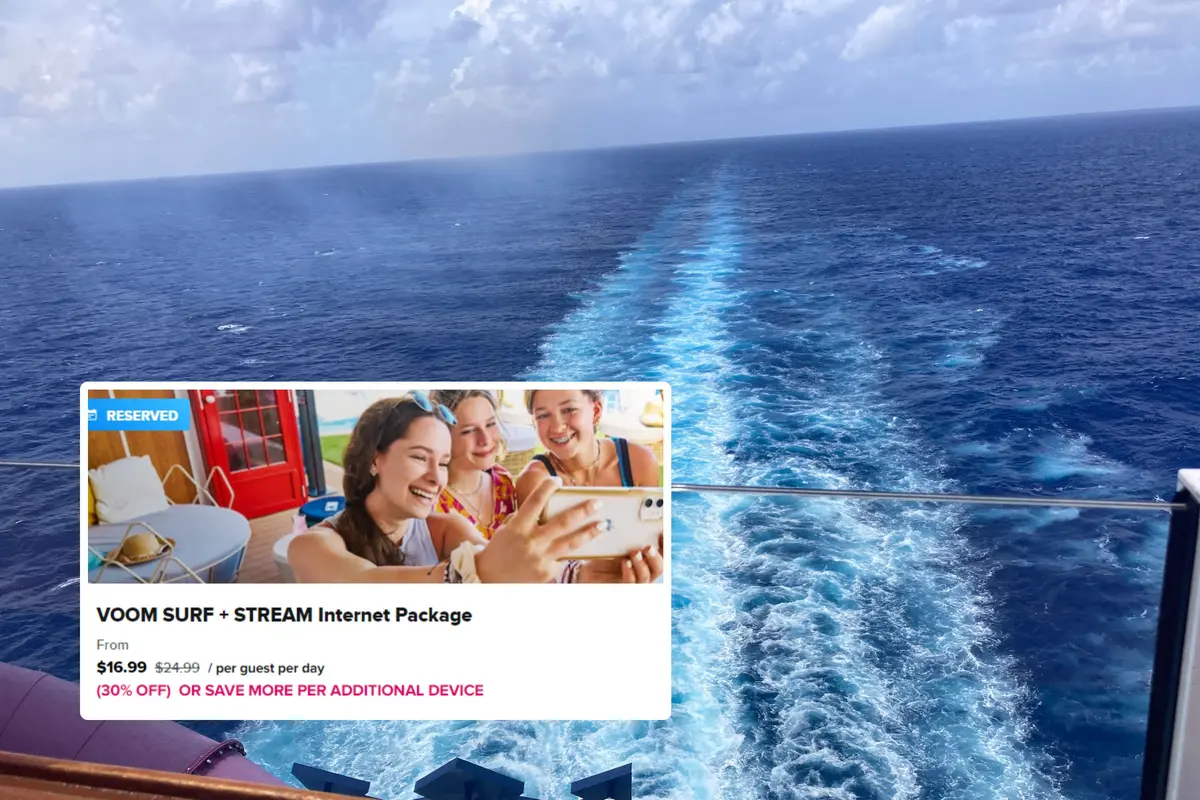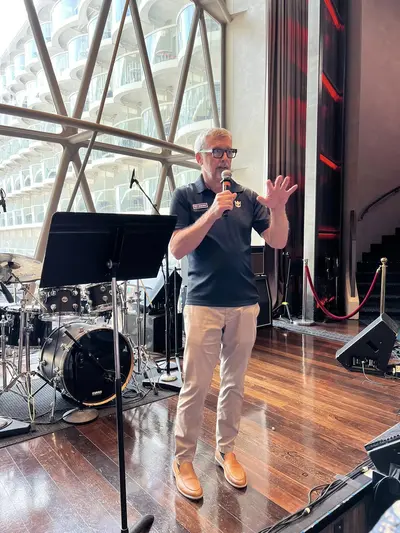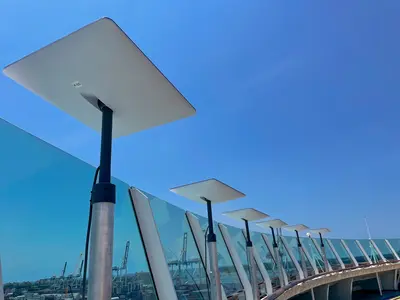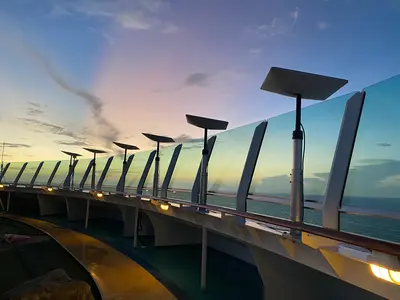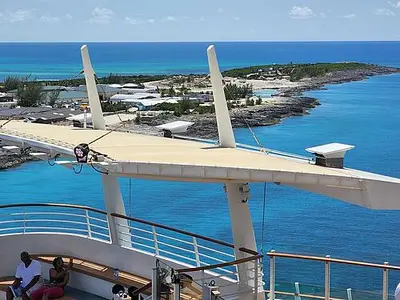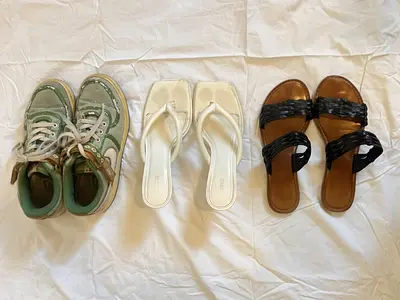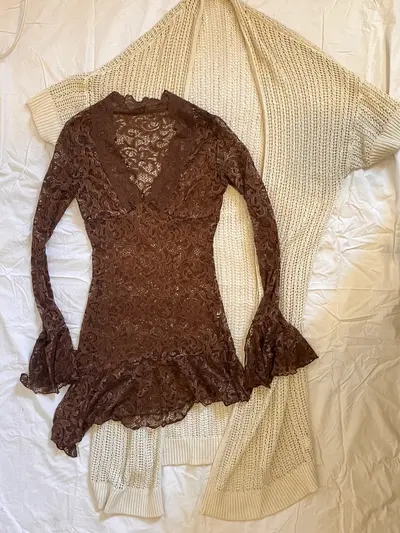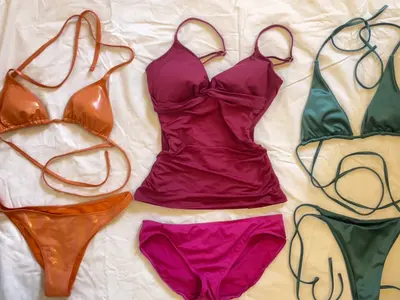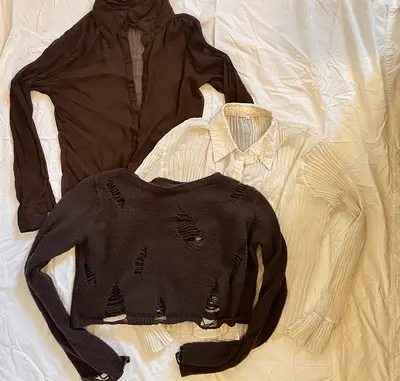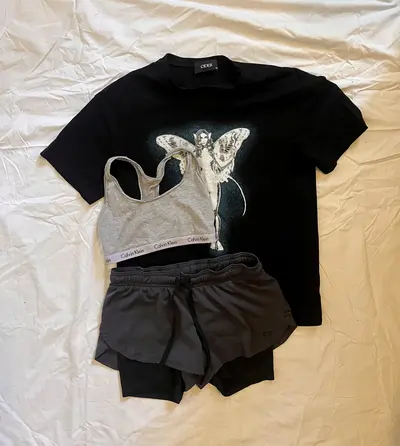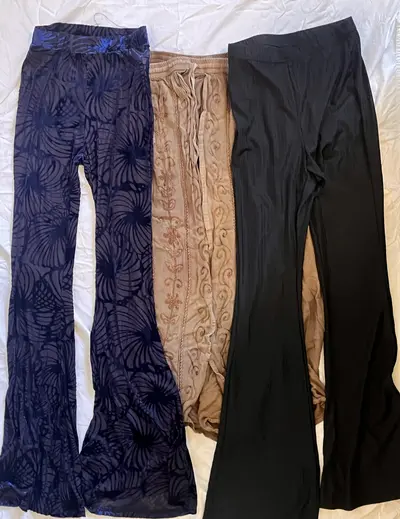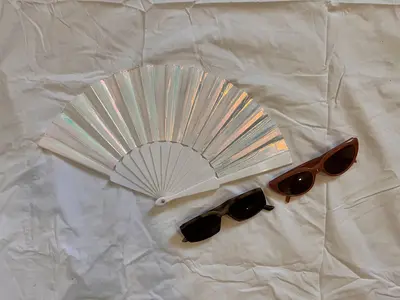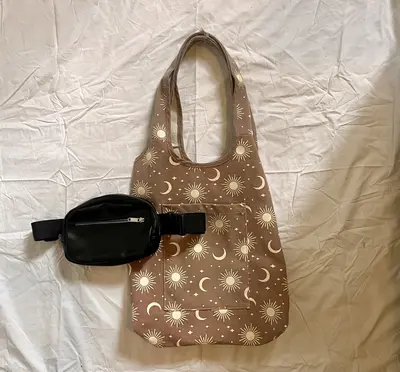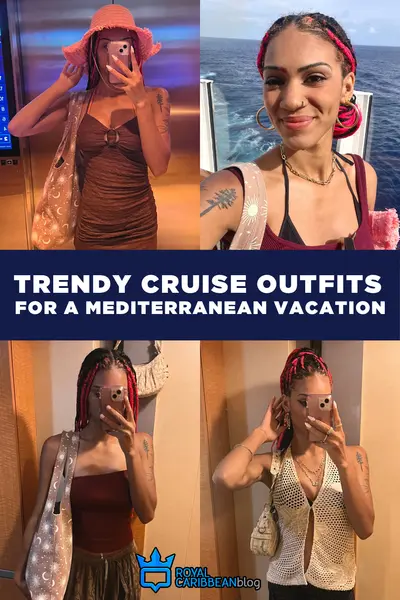Christmas cruise in the UK? Royal Caribbean won't do it, according to CEO
In:Winter cruises don't look like they'll become a thing with Royal Caribbean.
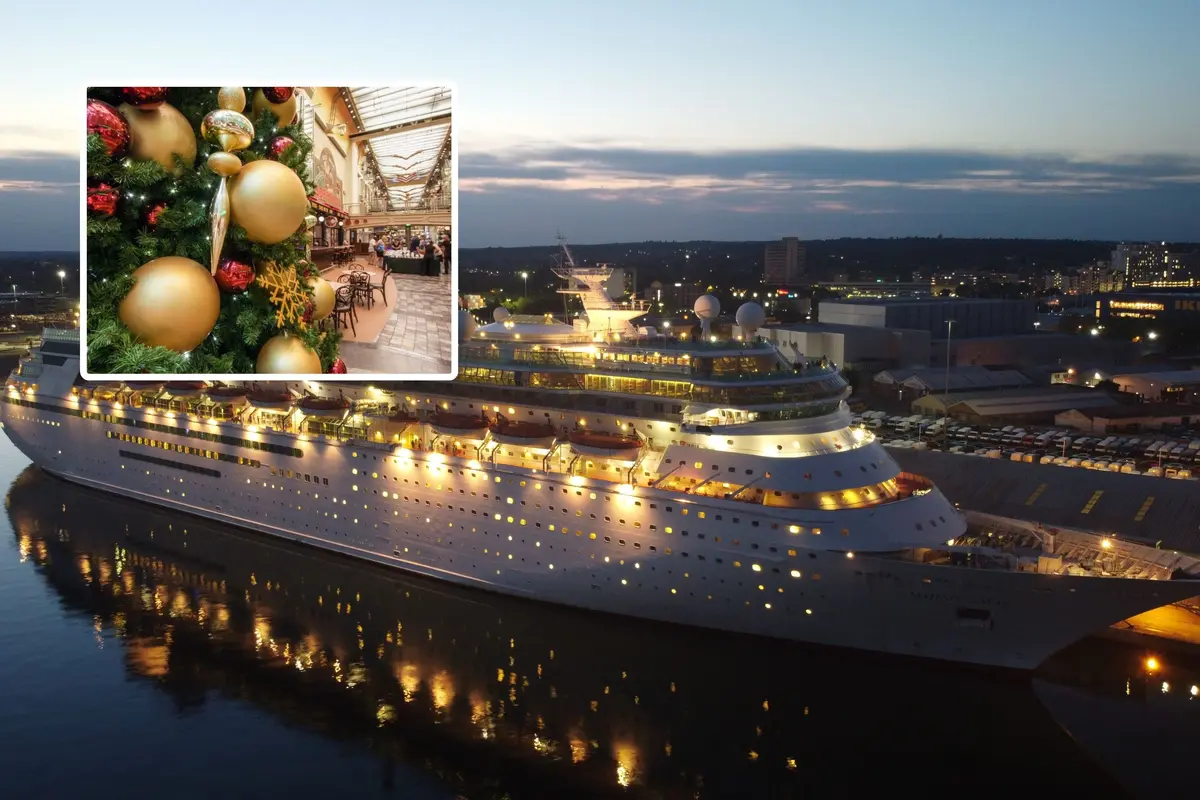
The cruise line doesn't plan on having any Christmas cruises out of the UK, according to its CEO.
Michael Bayley, Royal Caribbean International President and CEO, explained why the line won't be having a Christmas cruise in Europe.
On this year's President's Cruise, held on Oasis of the Seas, he answered guest's burning questions during a Q&A session.

One cruiser from the UK asked, "Please, can we have a Christmas cruise coming out of Southampton?"
The CEO, although sympathetic to his fellow Brits, explained why the cruise line isn't planning on a Christmas cruise out of England.
Transatlantic cruises aren't practical in the winter

Michael Bayley told cruisers that a Christian cruise out of Southampton isn't in Royal Caribbean's plans: "I don't think it's going to happen in the near future."
The main reason for that, he said, is the weather. "The weather's terrible," he said frankly, citing "gale-force winds and seas at 30 feet."
Because a Christmas cruise out of the UK requires the ship to be in the UK, this often involves a Transatlantic journey: "To operate a ship out of Europe, we have to bring it to Europe."
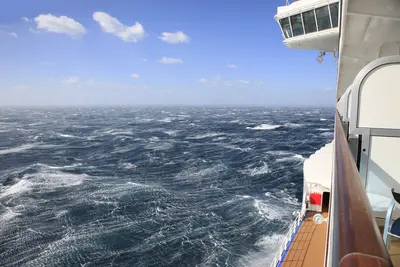
The Atlantic Ocean is particularly rough and stormy in the winter, the exact time a ship would need to start traveling to arrive for a Christmas cruise.
A Transatlantic cruise would take between 11 and 12 days, also requiring the cruise line to sell the sailing.
Because Transatlantic cruises are so long, they don't sell as quickly.
"They're extremely expensive," Mr. Bayley said, "and they don't sell very well because nobody's got the time during late October [or] November, to take that much time off to sail."
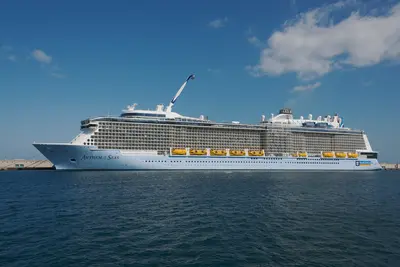
Most people are already taking off work and school in late December and January, October and November aren't popular times to sail, especially on such a long cruise.
Plus, the ships for a Christmas cruise are bigger vessels, so "we need a lot of people to stay on."
Sailing out of the UK would require the line to sell out a Transatlantic voyage on a larger ship, which isn't likely.
"It becomes [about] economics," Mr. Bayley explained. "It's difficult for us to operate it and make it profitable."
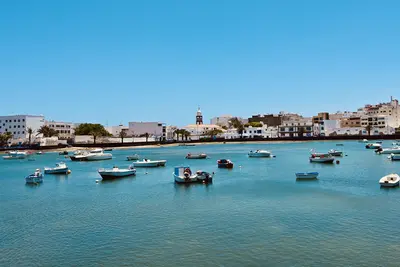
Considering the climate, timing, and economics of a Transatlantic cruise in the winter, it doesn't make sense for Royal Caribbean to schedule a Christmas cruise out of the UK.
Independence of the Seas is scheduled to home port in Southampton, England, in the summer of 2025, giving her plenty of time to cross the Atlantic on smoother seas.
Read more: The worst months to cruise to Europe
Mr. Bayley also addressed winter cruises out of the Canary Islands.

"There's just not enough demand for those ships at the rates that make it economical. It doesn't work," he said.
"There's a seasonality to the business and you've got to be very careful about how the ships are deployed."
Cruise ship schedules depend on a variety of factors, from weather to customer demand, to holidays and vacations.
Royal Caribbean has to carefully choose when ships are deployed in certain regions, and it won't be able to offer every cruise guests desire.
Will there be an Icon Class ship in Europe?
Following up with more requests from Royal Caribbean's European audience, a cruiser from Spain also posed a question.
Rebecca from Madrid wanted to know: "Please, will an Icon Class ship be in Europe?"
Cruisers want to know if one of Royal Caribbean's newest classes will homeport in Europe.
She also asked that Royal Caribbean add more short, weekend cruises to Europe's itineraries, saying that the only one available to her (sailing out of Barcelona) was already sold out.

Mr. Bayley immediately answered in the positive.
"I think that's a great idea," he said.
Royal Caribbean sees "a big opportunity [right] now for shorter cruises in Europe, especially at the Spanish ports."
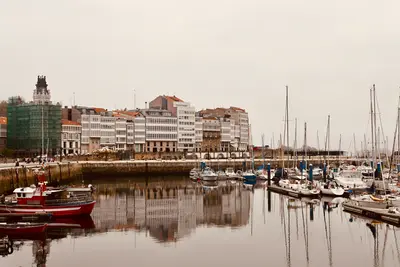
Shorter, weekend cruises will be in the plans for the cruise line, especially with how much demand it's seeing from the market.
Although Mr. Bayley didn't specify if these weekend cruises could take place on an Icon Class ship, he did answer Rebecca's questions in the affirmative. "We have looked at that."
However, weekend cruises will be focused around major ports in Spain.
Where are Royal Caribbean's Christmas cruises?
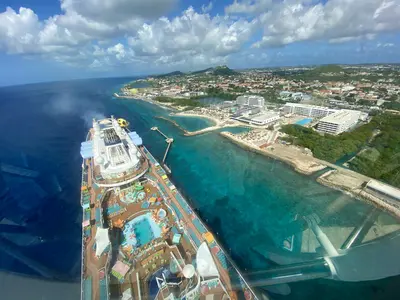
Royal Caribbean offers a variety of holiday sailings on all its ships.
The cruise line tends to sail most of its ships on Caribbean itineraries during the winter, taking advantage of the warmer weather and classic vacation areas.
On a Christmas cruise, you can expect the vessel to be brightly decorated, complete with a Christmas tree in a central location (such as the Royal Promenade).
The sailing is likely to also have Christmas-themed activities, such as caroling, holiday movies, and appearances from Santa and his elves.
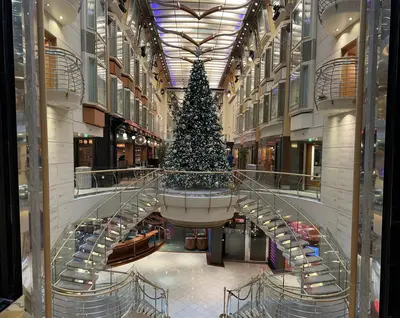
There is also a menorah lighting, and a priest onboard to conduct public mass on Christmas Eve and Christmas Day.
The following Royal Caribbean cruises will take place over Christmas Day, 2024:
- Explorer of the Seas: 11-day Southern Caribbean cruise
- Jewel of the Seas: 10-day Western Caribbean cruise
- Ovation of the Seas: 10-day New Zealand cruise
- Vision of the Seas: 8-day Bahamas and Perfect Day cruise
- Serenade of the Seas: 9-day Eastern Caribbean cruise
- Anthem of the Seas: 4-day Penang Phuket cruise
- Spectrum of the Seas: 9-day best of Japan cruise
- Navigator of the Seas: 7-day Cabo cruise cruise
- Radiance of the Seas: 7-day Western Caribbean cruise
- Icon of the Seas: 7-day Western Caribbean and Perfect Day cruise
- Enchantment of the Seas: 5-day Western Caribbean cruise
- Brilliance of the Seas: 7-day Western Caribbean cruise
- Quantum of the Seas: 7-day South Pacific cruise
- Adventure of the Seas: 6-day Western Caribbean cruise
- Freedom of the Seas: 8-day Eastern Caribbean cruise
- Grandeur of the Seas: 5-day Eastern Caribbean cruise
- Wonder: of the Seas 7-day Eastern Caribbean and Perfect Day cruise
- Symphony of the Seas: 7-day Eastern Caribbean and Perfect Day cruise
- Oasis of the Seas: 6-day Western Caribbean cruise
- Rhapsody of the Seas: 7-day Southern Caribbean cruise
- Odyssey of the Seas: 7-day Perfect Day and Bahamas cruise
- Harmony Of The Seas: 7-day Western Caribbean cruise
- Allure Of The Seas: 4-day Bahamas and Perfect Day cruise
- Liberty Of The Seas: 4-day Bahamas and Perfect Day cruise
- Independence Of The Seas: 5-day Western Caribbean and Perfect Day
- Voyager Of The Seas: 5-day Western Caribbean and Perfect Day
- Utopia Of The Seas: 4-day Bahamas and Perfect Day cruise
- Mariner Of The Seas: 5-day Western Caribbean cruise


